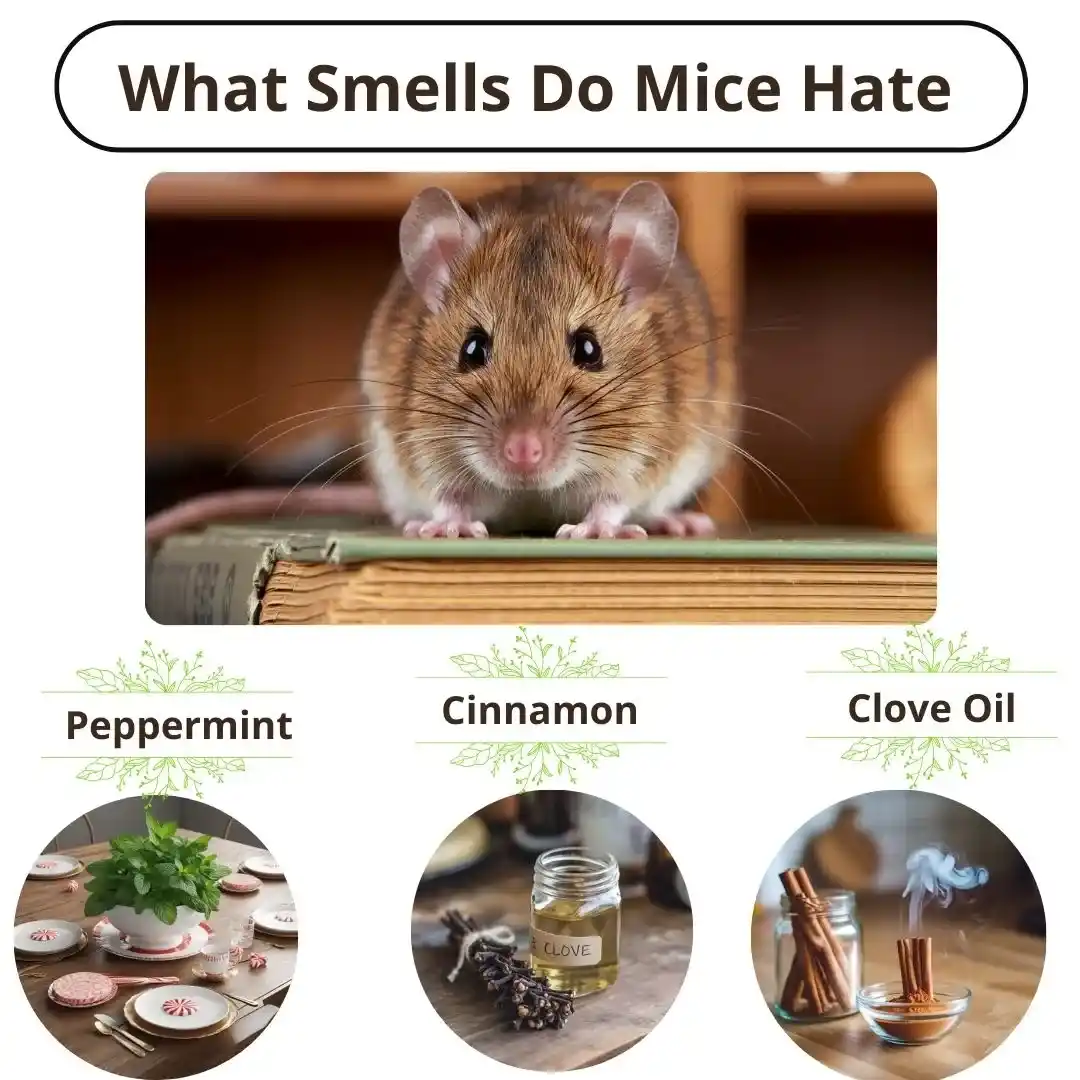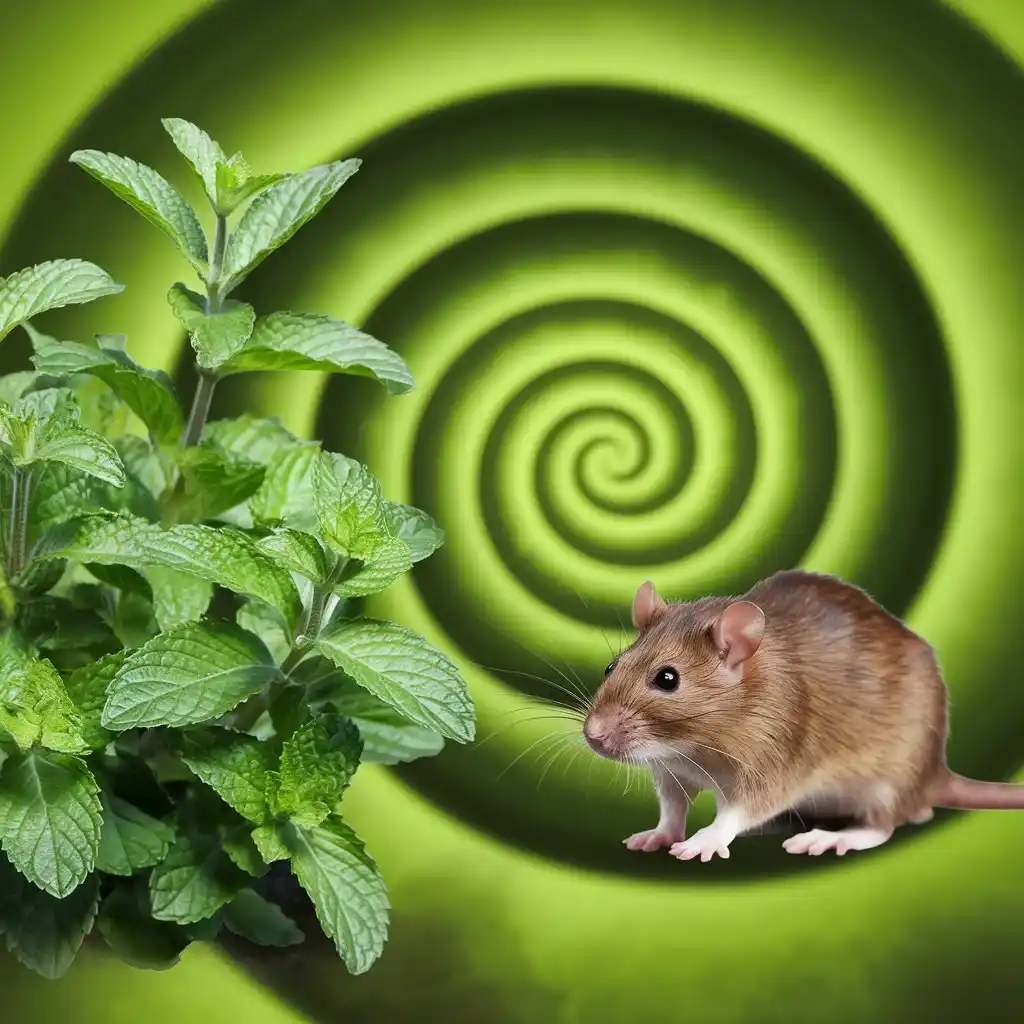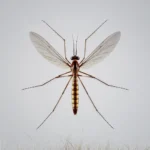Introduction
Mice can be a big problem in homes, damaging property and spreading health risks. Many homeowners find themselves wondering about the best ways to keep these pests at bay. One effective strategy is to leverage scents that repel them. In this article, we will explore what smells do mice hate, how to use these scents effectively, and practical tips for preventing mice infestations.

Understanding Mice and Their Senses
To effectively deter mice, it’s crucial to understand their behavior and sensory perception. Mice are small, intelligent rodents that thrive in various environments. They rely heavily on their sense of smell to navigate their surroundings, find food, and avoid predators.
The Role of Smell in Mice Behavior
Mice have a remarkable sense of smell, which is significantly more developed than that of humans. This ability helps them detect food sources, identify potential mates, and avoid dangers. Because they rely on their noses, strong scents can either attract or repel them.
When considering what smells do mice hate, it’s important to note that certain strong odors can trigger their aversion, causing them to avoid areas where those scents are present.
Smells Do Mice Hate, A Comprehensive List
Understanding the various scents that repel mice can help homeowners formulate effective pest prevention strategies. Here’s a comprehensive list of smells that mice tend to dislike.
Smells Do Mice Hate,Strong Scents

- Peppermint
- Peppermint is one of the most well-known natural repellents. Its strong, refreshing scent is unpleasant to mice, making it an effective deterrent.
- To use peppermint, consider placing cotton balls soaked in peppermint oil around entry points and areas where mice are likely to appear.
- Cinnamon
- The sweet and spicy aroma of cinnamon is another scent that mice dislike. It’s not only pleasant for humans but also acts as a powerful deterrent for rodents.
- Sprinkling cinnamon powder in areas where you suspect mice may travel can help keep them away.
- Clove Oil
- Clove oil has a pungent scent that is particularly effective against mice. Its strong aroma can irritate their sensitive noses, making them want to avoid it.
- Use clove oil in a diffuser or mix it with water and spray it around your home.
What Smells Do Mice Hate? Essential Oils and Botanical Repellents
In addition to common kitchen spices, essential oils can be powerful allies in your battle against mice.
- Peppermint Oil
- As mentioned, peppermint oil is highly effective. It not only smells great to humans but is also a potent repellent.
- You can create a spray with water and peppermint oil to mist around your home.
- Eucalyptus Oil
- The strong, medicinal scent of eucalyptus oil can deter mice and other pests. This oil is often used in natural pest control due to its effectiveness.
- Similar to peppermint oil, you can mix eucalyptus oil with water and spray it in areas frequented by mice.
- Lavender
- While we often associate lavender with relaxation, its strong scent can repel mice. This makes it a dual-purpose solution, providing both a pleasant aroma and pest deterrence.
- Planting lavender around your home or using lavender essential oil can help keep mice at bay.
Household Items That Repel Mice
In addition to essential oils, several common household items can be effective in deterring mice.
Vinegar and Ammonia
The sharp, strong smell of vinegar can deter mice, as they dislike strong odors.Also,Ammonia, with its pungent scent, is another effective option. A mixture of water and ammonia can be sprayed around potential entry points.
Chilli and Cayenne Pepper
Chilli powder and cayenne pepper are not only great for cooking but can also serve as effective repellents.Sprinkling these spices in areas where mice might enter can deter them due to their irritating scent.
Smells Do Mice Hate, Natural Deterrents for Mice
Many natural deterrents can help create an environment that is unwelcoming to mice.

Smells Do Mice Hate,Tea Bags and Mothballs
- Tea bags that contain strong scents, like peppermint or eucalyptus, can be effective. Place them in areas where you suspect mice may travel.
- Mothballs, though often used for protecting clothes, have a strong scent that can repel mice as well. Just be cautious with pets and children, as mothballs can be toxic if ingested.
Smells Do Mice Hate,Bay Leaves and Cedarwood
Bay leaves have a strong scent that mice tend to avoid. Placing bay leaves in cupboards and storage areas can help deter these pests.Also,Cedarwood is another effective option. Its woodsy scent not only repels mice but also adds a pleasant aroma to your home.
Creating a Strong Scent Barrier
Using scents effectively requires strategic placement and maintenance.
Where to Place Deterrents
For entry points, start by focusing on areas where mice could enter, such as gaps around doors and windows. In the kitchen, since it’s a major food source, placing deterrents is essential to prevent mice from being attracted.
Maintenance and Reapplication
- It’s essential to regularly update your scents to maintain their effectiveness. Scents can dissipate over time, so reapplication every few weeks can help keep the mice away.
The Role of Pets in Deterring Mice
If you have pets, they can play a significant role in keeping mice at bay.
Cats’ Scent
The natural scent of cats acts as a strong deterrent for mice; therefore, rodents instinctively recognize cats as predators. Consequently, the mere presence of a cat is often enough to keep mice away. Moreover, having a cat in your home can be a simple and effective way to prevent pests.
Additional Tips for Mice Prevention
While using scents is effective, it should be part of a broader pest prevention strategy.
Maintain Cleanliness
- Keeping your home clean and clutter-free can help eliminate potential nesting sites for mice.
- Ensure food is stored in airtight containers and that any spills are cleaned promptly.
Seal Entry Points
- Inspect your home for gaps and cracks that mice could use to enter.Seal these gaps with caulk or steel wool.
Use Traps as a Backup
- If you notice signs of mice despite your best efforts, consider using traps as a backup. Traditional snap traps or humane catch-and-release traps can help manage the situation.
Final Thoughts on Keeping Mice Away
Incorporating strong scents into your pest prevention strategy can significantly deter mice. By understanding what smells do mice hate, you can create an environment that is less inviting to these pesky rodents. While using scents is effective, it’s essential to combine this strategy with cleanliness and sealing entry points for the best results.
RELATED ARTICLES :
FAQs About What Smells Do Mice Hate?
Q1: How often should I replace scents used to deter mice?
A1 : It’s recommended to refresh scents every few weeks, as their effectiveness can diminish over time.
Q2: Can I use essential oils around pets?
A2 : Some essential oils can be harmful to pets, so it's important to research and consult your veterinarian before using them in homes with animals.
Q3: Are there any smells that attract mice?
A3 : Yes, smells like food, particularly grains and sweets, can attract mice, so it's important to keep food sealed and stored properly.
Q4: How do I know if my deterrent methods are working?
A4 : Signs of mouse activity, such as droppings or gnawed materials, will decrease if your methods are effective.
Q5: What other natural deterrents can I use?
A5: In addition to those mentioned, some people use strong scents from herbs like rosemary or garlic to deter mice.





